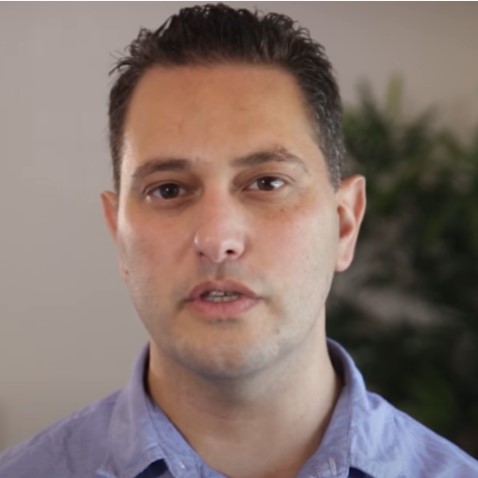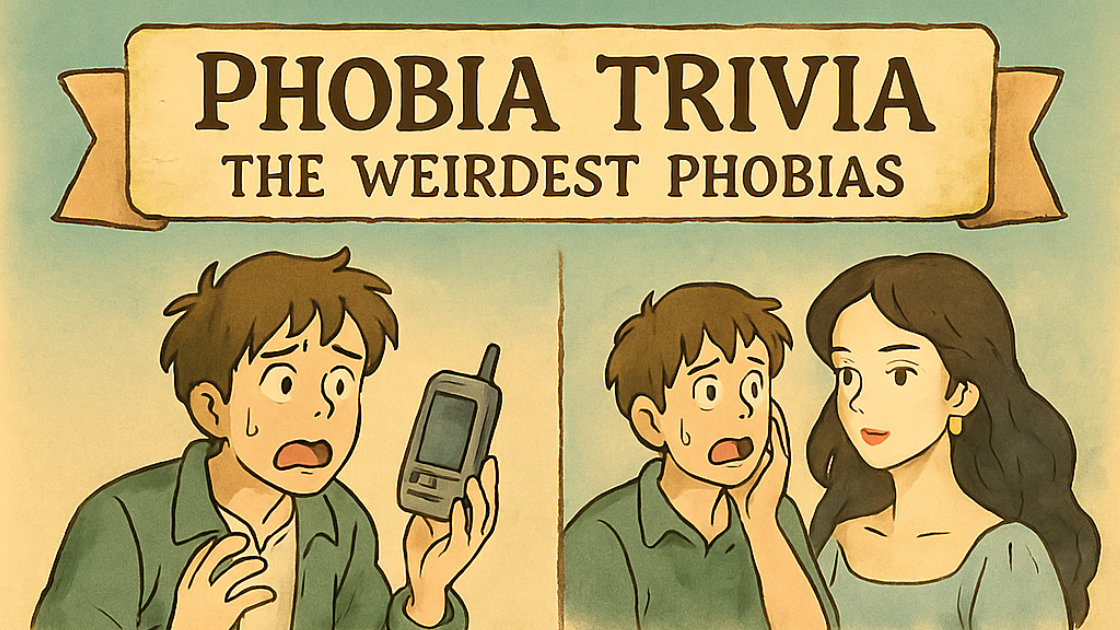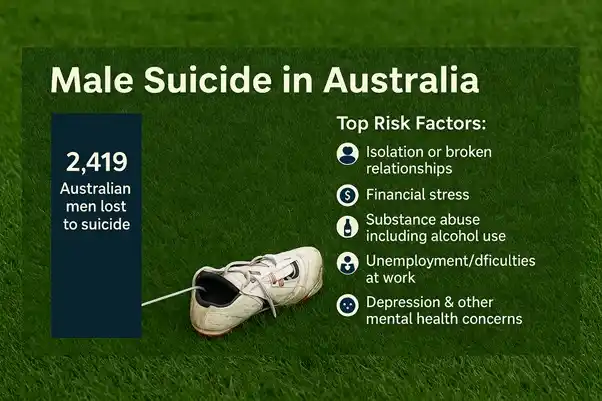What is the best method of counselling and psychotherapy?
Given method or approach accounts for barely 10% of clinical efficacy (the psychotherapy relationship accounts for most) this isn’t a very interesting question. But I post it because so many clients to be (and therapists) are understandably confused by the mass of (some 400+!) counselling styles around, all purporting in their own way to be the best.
But arguing about what psychotherapy method is the best is like debating if oranges taste better than apples, or if Beethoven sounds better than Mozart. Arguments about personal taste are essentially useless because preference involves choice, not some scientific objective “truth”.
So in short, the answer is, whatever works for you is the best counselling method!
But still, let us clear up some more confusion… the method used is by no means utterly irrelevant. Although, your acceptance and your psychotherapists’ belief in a particular treatment method is possibly more important than the method itself in many ways.
My bias is towards mindfulness therapy and psychodynamic/psychoanalytic psychotherapy in combination for producing deep, lasting, long term changes which can be possible when people undertake the courageous and sometimes daunting journey of intensive self-discovery with psychotherapy.
But, I have no issue with the more surface based or shorter term styles such as CBT, but I take issue with so called claims of scientific validity of these behavioural approaches over others. Biasing objective, measurable behaviours hardly confirms subjective, long term change which so many people who have undergone deeper dynamic therapies testify, but these cannot be measured in a scientific sense. This is because they are not sciences. And, why should they pretend to be.
But power hungry, ignorant or just frightened, academics and researchers protecting their turf still want the public to believe psychology can be scientific when used in counselling (as though a rigid set of processes and procedures can be applied to everyone in distress!).
So remember, if you are comfortable working with your psychotherapist and want to understand yourself better, you will have a high probability of experiencing a rewarding journey regardless of the method. Don’t get seduced by quick fix empty promises or claims of evidence based treatment as being the best counselling and psychotherapy methods on the planet.
Here are a couple of blogs written on this topic you might find useful:
What Are Australians Most Afraid Of? N...
From snakes and spiders to needles and ghosts, fear takes many forms. But what do Australians fear most in 2025? At Bayside Psychotherapy, our expert.
Is It Time For The AFL To Cast A Menta...
At Bayside Psychotherapy we are passionate about mental health and like many fellow Melburnians, many on our team are avid AFL fans. So when two of our .
Exploring Emerging Therapies: Understa...
At Mind Medicine Australia, we are dedicated to transforming the trea.












